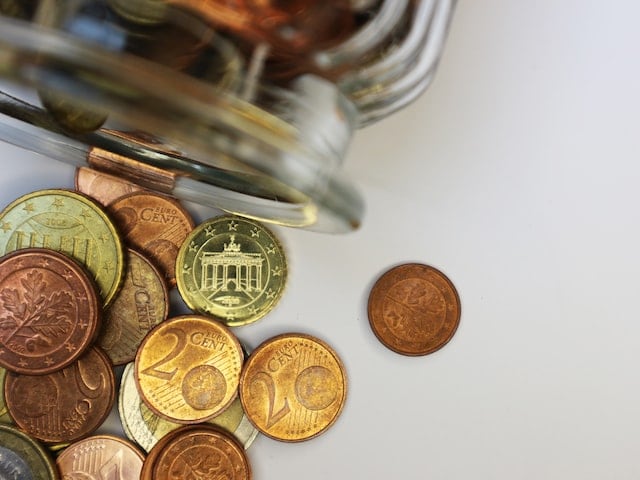The gold dealer
As a flight was delayed, Customs were able to perform more thorough checks on a gold dealer carrying tens of kilograms of scrap gold and cash money...

u003cstrongu003eThere are currently 29 professional groups with an obligation to report under the Dutch Money Laundering and Terrorist Financing (Prevention) Act (u003cemu003eWet ter voorkoming van witwassen en financieren van terrorisme, u003c/emu003eWwft). Though Customs do not fall under this obligation, they do report to FIU Netherlands: since 2007 Customs have reported on the basis of the European Regulation on controls on cash entering or leaving the EU. Any person entering or leaving the EU who carries EUR 10,000 or more in cash must report this. Failure to do so is a criminal offence.u003c/strongu003e
Last year FIU Netherlands received a call from Customs at Amsterdam airport saying they had performed a check on a gold dealer who was carrying tens of kilograms of scrap gold and cash money. As the flight was delayed, Customs were able to perform more thorough checks. Customs had previously reported other transactions by the gold dealer, including his failure to report the export of cash, and had received notification from us that these transactions had been designated suspicious. Since then, further unusual transactions had been reported by other reporting entities. Upon investigation, this new information from Customs was also designated suspicious and was immediately passed on to the investigating bodies.
In the meantime, the gold dealer had stated that he was travelling to the Middle East, where he has the scrap gold melted down and made into jewellery, which he then reimports into the Netherlands. The jewellery is then sold to other dealers, who pay for it with scrap gold. On the basis of his statement, the absence of documentation, and his previous suspicious transactions, the gold dealer was suspected of money laundering and handed over to the Royal Netherlands Marechaussee (as part of the Cash Controls Partnership). The same night the Marechaussee conducted a raid on the gold dealer’s company premises. Several tens of kilograms of gold and gold jewellery were found, as well as a large sum of cash, all of which were seized.
The gold dealer was arrested and detained for some time but subsequently released to await proceedings. A great many questions remain unanswered, such as how the starting capital was obtained and where the gold came from, for example. Because it is a complex case involving several countries, the public prosecutor has decided to proceed with the case and get to the bottom of it. Until that time, the goods remain under seizure.

